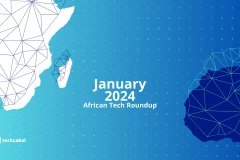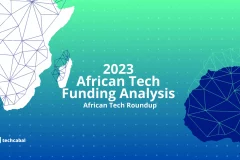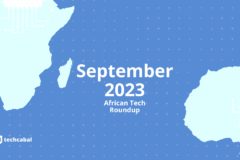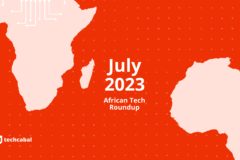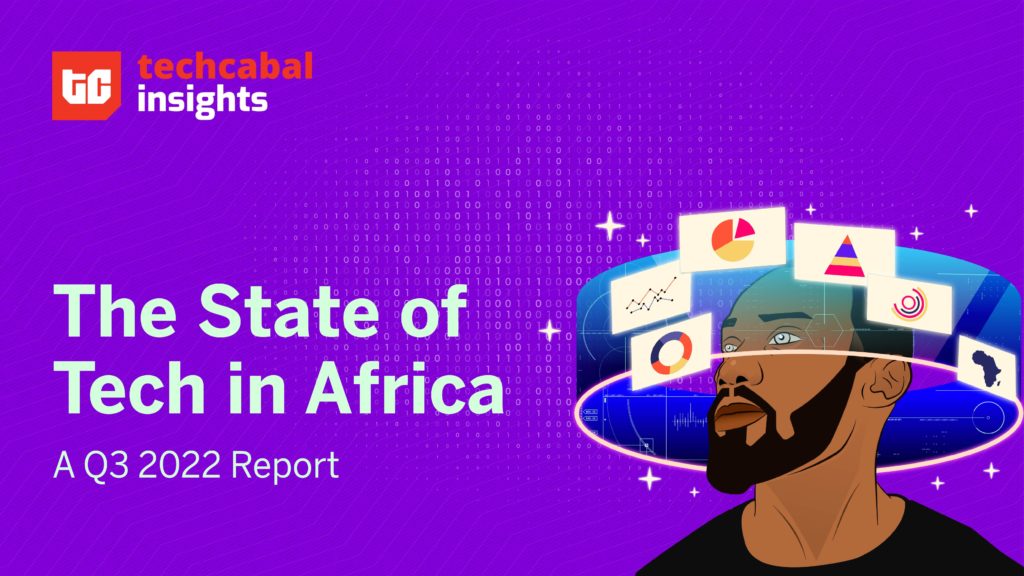
The African tech industry is facing a funding drought and this comes after years of increased investment to startup companies across the continent. The taps are beginning to slow down. Although more innovators are birthing startups across the continent, late-stage startups—including Kuda, 54gene, Marketforce, Sendy, Twiga, Vezeeta, and Wave—have announced double-digit percentage-point layoffs in the past few months. In some instances, valuations for these companies have suffered massive decline.
This turn of events is a sharp contrast to the tech optimism on the continent. The big question right now is: How can startups survive this downturn?While the mantra focusing on unit economics and reducing burn rate has become the norm these days, some other startup companies in African tech have resorted to acquisitions to weather the storm.In 2021, TechCabal Insights tracked 32 acquisition deals on the continent.
According to its State of Tech in Africa Q3 report, there have been 43 of such deals as at the end of September 2022. A closer look at the Q3 deals—with a 41% QoQ increase—might signal a stronger consolidation.This year, startups have not been able to raise venture capital funding as easily as in 2021, and in the case where cutting costs won’t suffice in ensuring longevity, the next logical step is leveraging alliance to avoid shutting down operations.
This happens between startups playing in the same market. They usually lack an expansion play since cross-border expansion costs more and the entire aim of consolidating for survival is to lower cost.With the increase in the number of local acquisitions, if our thesis is right, then it shows that a good number of startup companies in African tech might be feeling the venture capital funding drought more than imagined.
“We’re in a situation where cash is king and it’s a perfect environment for acquisitions. A very natural way of growing is that when you look around and see startups starting to slow down and worrying about runway, you start to think of M&A since the prices are falling,” says Stephen Deng, partner at DFS Lab, a fintech incubator that empowers communities through mentorship and strategic advice to early-stage startup. Another perspective to the increasing number of acquisition deals is the pressure of growth on larger tech companies.
This cluster of companies have the opportunity to scale up to continental leadership, and since cross-country expansions are harder to work on, acquisitions become their bread. “Growing 100% from $10 million revenue means adding $10 million, growing 50% means adding $25 million, and in Africa, it’s simply hard to generate revenue at that scale in what remains a relatively small economic base,” says Victor Basta, co-Head at DAI Magister.
He argues that the majority of the M&A deals began before the current market downturn and that companies do not consolidate simply to save themselves from shutting down because by then, “it is almost always too late”.“What is driving boards to consider M&A deals is the reality of funding markets and concerns about raising next rounds,” he concluded. More likely, African tech is in an intermission between business epochs.
We’ve mostly passed through the era of low funding and the funding glut era. But in the past few months, the explosion of startup acquisitions in African tech signifies that something new is on the horizon. A few years from now, looking back at this trend, we may say that this moment was a battle between future growth and survival.
Click here to read the latest edition of The State of Tech Report.












